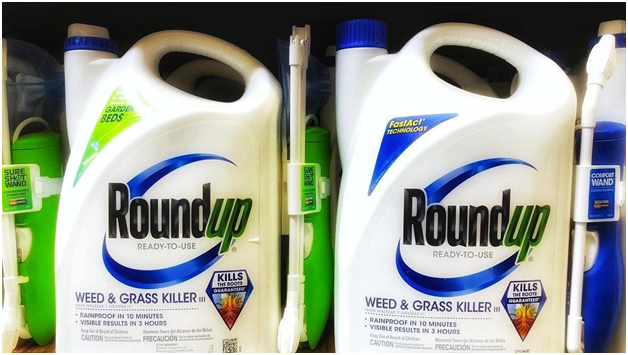Roundup, the world's most widely used herbicide, is facing a barrage of lawsuits owing to its main component, glyphosate, which has been associated with cancer. The International Agency for Research on Cancer has categorized glyphosate as potentially carcinogenic to humans, prompting numerous Roundup users to pursue legal recourse.
Monsanto, the original manufacturer of Roundup, and its successor, Bayer, have been embroiled in over 100,000 lawsuits, resulting in settlements totaling approximately $11 billion by May 2022. Despite these substantial settlements, around 30,000 lawsuits remain unresolved, some of which are consolidated into multidistrict litigation (MDL) in California for more efficient resolution of shared issues.
Recent court decisions have prompted calls for the Environmental Protection Agency (EPA) to reassess its position on the potential harm of Roundup to individuals and the environment. Furthermore, Bayer has been found to have inadequately warned about Roundup's potential cancer risks, as determined by the 11th Circuit in July 2022.
Several prominent cases have resulted in significant verdicts favoring plaintiffs, although Bayer has also seen success in some instances. Key factors for successful lawsuits have included the plaintiff's exposure to Roundup, the development of cancer following exposure, and the company's failure to provide adequate warnings about potential carcinogenic dangers.
Individuals contemplating legal action against Bayer must demonstrate an injury, such as a diagnosis of non-Hodgkin's lymphoma, and its link to Roundup exposure. This process entails sharing detailed personal and medical information. Each state has its statute of limitations for product liability lawsuits, typically ranging from two to four years.
Moreover, individuals who were required to use Roundup in their workplace may have grounds to file a claim against their employer, particularly if they were not provided with adequate safety gear or training.
The Roundup lawsuits carry significant implications for various stakeholders, including Monsanto, Bayer, and legal firms. The substantial financial liabilities and potential regulatory repercussions underscore the importance of staying informed about ongoing developments in this high-profile legal landscape.





